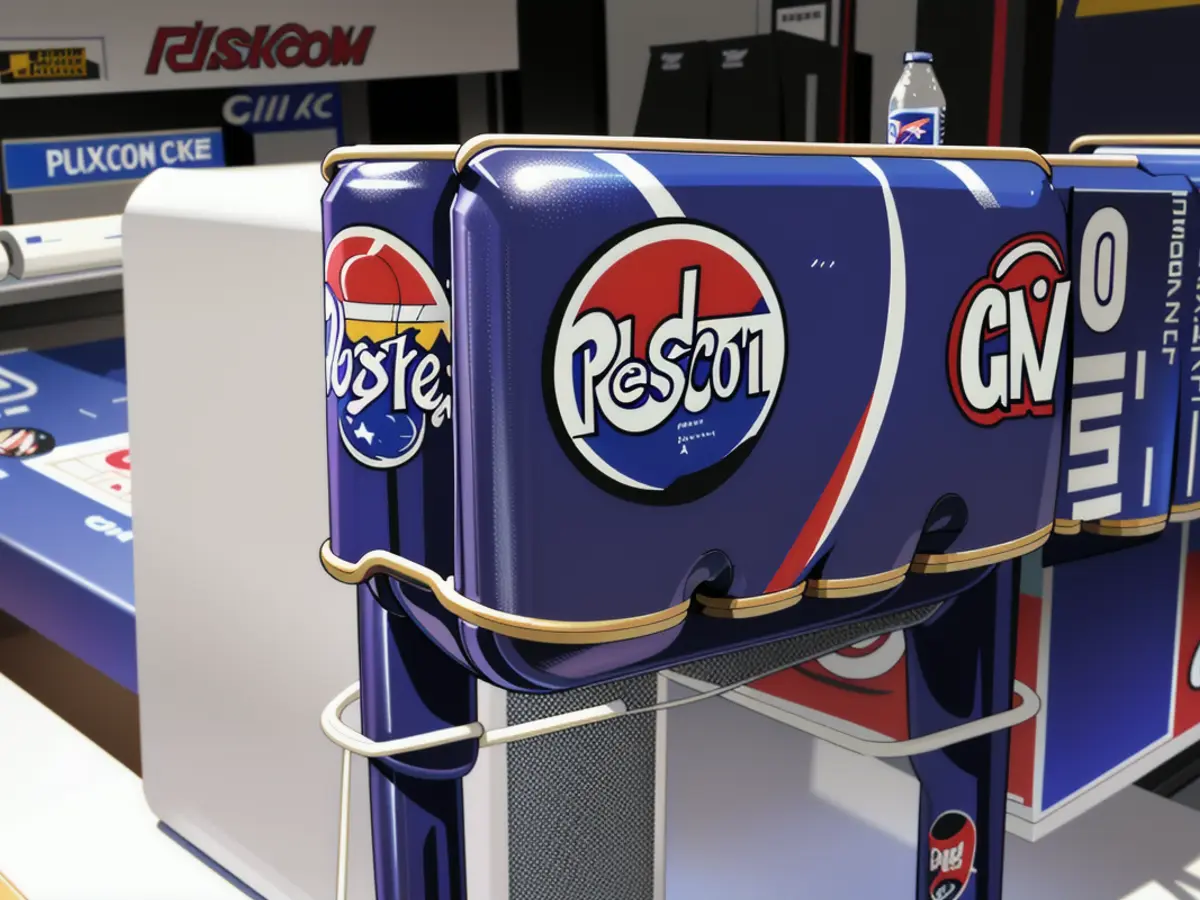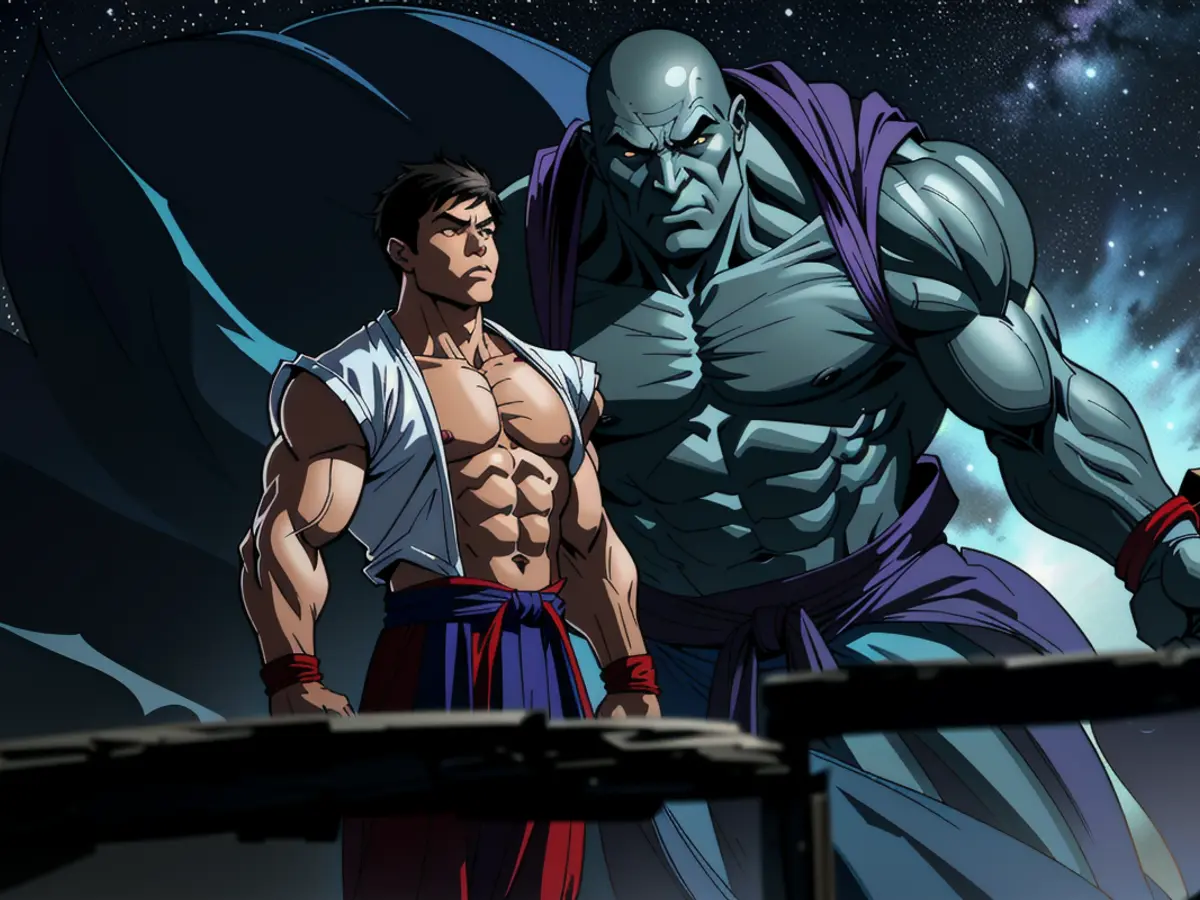Pepsi confronts small businesses, allegedly providing financially beneficial deals to big-box retailers, according to the FTC's assertions.
The FTC has leveled accusations against PepsiCo, claiming the company provided Walmart, a prominent retailer, with unfair pricing advantages that weren't offered to other competitors. A source reportedly linked Walmart to the retailer mentioned in the FTC's announcement.
In response to CNN's inquiry, Walmart declined to comment on the lawsuit.
According to the FTC, PepsiCo allegedly gave Walmart "consistent" promotional payments and advertising. This preferential treatment, as the commission sees it, disadvantaged small businesses, family-owned grocers, local convenience stores, and even larger chains.
FTC Chair Lina Khan stated that such practices tilt the market's scale, creating challenges for small businesses and ultimately leading to higher consumer prices.
The Robinson-Patman Act of 1936, which prohibits promotional allowances that favor large retailers over small businesses, was cited in the FTC's announcement.
The FTC voted 3-2 in favor of filing the lawsuit in the US District Court for the Southern District of New York, with two Republican commissioners objecting.
PepsiCo, however, denies the FTC's allegations, asserting that the claims are both factually incorrect and unjust. According to the company, its practices align with industry standards and do not favor specific retailers over others.
In a dissenting statement, Commissioner Melissa Holyoak argued that the lawsuit against PepsiCo is the "worst case" she has seen in her time with the FTC, stating that the case was rushed and the commission lacked sufficient evidence.
The lawsuit is a component of the FTC's ongoing efforts to curb anticompetitive practices using the Robinson-Patman Act, which has been seldom enforced since the late 1980s. PepsiCo considered this a significant expansion of the act.
[1] Source: CNN, Matt Egan[2] Source: Washington Post, Tony Romm[3] Source: Wall Street Journal, Drew Fitzgerald and Brent Kendall
PepsiCo's business practices, as accused by the FTC, potentially disadvantaged various other businesses, including small family-owned grocers and larger chains.In the context of the FTC's lawsuit, PepsiCo's business deals with Walmart involved consistent promotional payments and advertising, which some argue may not align with fair competition policies.








